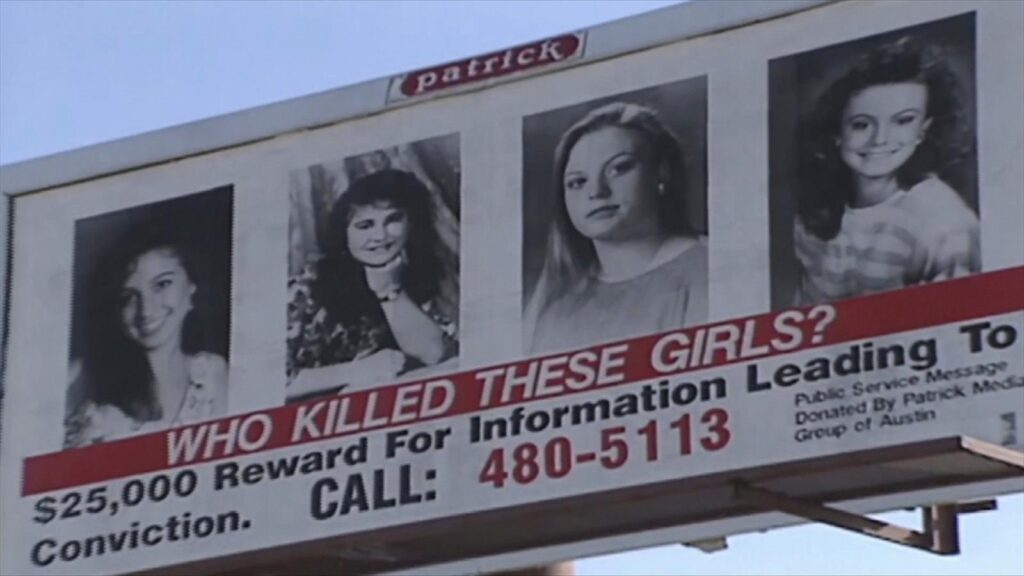Lead detective Daniel Jackson said the breakthrough came in July 2024, when investigators discovered a match in the National Integrated Ballistic Information Network (NIBIN), linking the murder weapon to an unsolved killing in Kentucky.
Although the cases shared “similar details,” investigators relied heavily on DNA testing advances. Over the years, police had preserved Y-STR DNA (from the Y chromosome) recovered under victim Amy Ayers’ fingernails.
In August, a South Carolina state lab confirmed a full Y-STR profile match to a 1990 murder in Greenville, South Carolina. The suspect: Robert Eugene Brashers.
Robert Eugene Brashers Linked to Murders Nationwide
Brashers had a violent criminal record before the Austin killings, including a conviction for shooting a woman in the late 1980s. He was paroled in 1989.
According to police, DNA now links Brashers to multiple unsolved murders and sexual assaults across the United States during the 1990s.
Brashers died by suicide in 1999 following a standoff with officers, preventing him from ever standing trial for his crimes.

Families Express Relief After Decades
Austin Police Chief Lisa Davis described the case as “one of the most devastating and haunting cases in the city’s history.”
At the press conference, Barbara Ayres-Wilson, mother of Jennifer and Sarah Harbison, said the families sought truth above all:
“We never wanted anyone to go to jail or be charged with anything they did not do. Vengeance was never it. It was always the truth.”
Wrongful Prosecutions Under Review
In 1999, four men were arrested for the yogurt shop murders, with one sent to death row and another sentenced to life in prison.
Travis County District Attorney José Garza acknowledged Monday that the new findings point to Brashers’ sole responsibility, raising serious questions about past prosecutions.
Best Personal Loan 2025: Unlock Financial Freedom with Quicken Loans
“If the conclusions of APD’s investigations are confirmed, as it appears they will be, I will say I am sorry — though I know that will never be enough,” Garza said.
A Case Closed After 33 Years
With the DNA confirmation, Austin police say the mystery of the yogurt shop murders has finally been resolved. The case underscores how advances in forensic science continue to transform long-unsolved cases — and bring long-awaited answers to grieving families.













